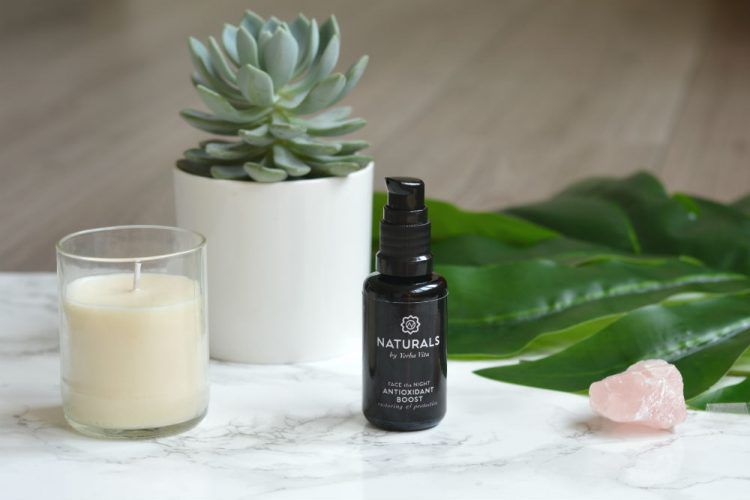Winkelwagen
U heeft geen artikelen in uw winkelwagen
Puistjes komen veel voor. Met name jong volwassenen en tieners hebben er makkelijk last van. Aanleg en hormonen spelen daarin een grote rol. Eén ding is in elk geval zeker: veel mensen ervaren ongemak van puistjes. Iedereen wil immers een mooie, gave huid. In dit artikel bespreken we daarom alle tips, zowel qua leefstijl als cosmetica, om puistjes te voorkomen en te genezen. Mee-eters of puistjes kunnen namelijk allerlei oorzaken hebben en er zijn verschillende manieren om ze tegen te gaan. Hieronder lees je hoe!
Puistjes, mee-eters en acne waren tien jaar geleden nog vrij lastig te behandelen. Inmiddels zijn er echter uiteenlopende effectieve medicijnen en behandelingen op de markt om acne, puistjes en mee-eters efficiënte te verhelpen.
Zo zijn er tegenwoordig antibiotica verkrijgbaar die de Propionibacterium Acnes (P.acne) bacterie en Staphylococcus Aureus bacterie doden. Dit zijn de bacteriën die verantwoordelijk zijn voor acne-gerelateerde huidinfecties. Bovendien zijn er inmiddels hormoonremmers op de markt die je hormoonhuishouding stabiliseren. De belangrijkste voorbeelden van effectieve medicijnen tegen acne, puistjes en mee-eters zijn als volgt:
Benzoylperoxide is een zeer effectieve en werkzame stof ter behandeling van puistjes en acne. Benzoylperoxide wordt verwerkt in gel en crème tegen puistjes zoals Benzac® en Akneroxid®. Benzoylperoxide weekt het opperlaagje van de huid los en remt de groei ervan. Bovendien zorgt benzoylperoxide ervoor dat de ‘Propionibacterium acnes’ bacterie (P. acnes) en Staphylococcus Aureus bacterie zich niet kunnen vermenigvuldigen.
Antibiotica gaan bacteriële infecties tegen en remmen de vermenigvuldiging van onder meer acne-gerelateerde bacteriën. Zodoende kan een antibioticum een effectief medicijn vormen tegen puistjes en mee-eters. De bekendste antibiotica tegen huidklachten, gelieerd aan acne zijn als volgt:
Vitamine A-zuur kan een enorm positief effect hebben op je huid. Daarom worden er in allerlei crèmes, zalven en lotions voor de huid verscheidene derivaten van vitamine A gebruikt. De bekendste hiervan zijn:

Als je je make-up oplaat tijdens het slapen ontstaan er oneffenheden, droogte en schilferigheid. Zelfs wanneer je ’s ochtends meteen je gezicht wast.
Je huid wordt minder goed gehydrateerd omdat het talg zijn weg niet kan vinden en uiteindelijk zal je gezicht erg droog worden.
Door je make-up niet te verwijderen voor je gaat slapen zal je voorhoofd meer rimpelen en blijven deze rimpels langer zichtbaar elke keer als je een gezichtsuitdrukking doet tijdens het slapen.
Een droge huid is minder elastisch waardoor rimpels en oneffenheden beter zichtbaar worden.
Wanneer je gedurende een lange periode volledig opgemaakt gaat slapen dan beginnen je rimpels meer op littekens te lijken en worden ze steeds dieper.

Cystische-acne is vaak rood en opgezwollen. Je raadt het al: deze puistjes camoufleren is een enorme klus. Niet alleen door de kleur, maar ook door de vorm. Maak je geen zorgen, er zijn natuurlijk wel dingen die je kunt doen om je huid te egaliseren.
Behandel allereerst de plek die je gaat camoufleren om de irritatie zoveel mogelijk weg te halen. Met een koud of juist een warm washandje, bijvoorbeeld. Daarna is het tijd om je make-up tasje erbij te pakken.
Gebruik een normale foundation. Het is zonde om de huid die er normaal uitziet compleet te verbergen door een full coverage foundation. Tenzij je die natuurlijk wilt gebruiken.
Daarna ga je de puistjes camoufleren met concealer. Haal de roodheid eruit met een groene concealer en daarna eentje in je eigen kleur. Als de cystische-acne extra opvalt met een goed dekkend product kun je beter een medium dekking gebruiken.
